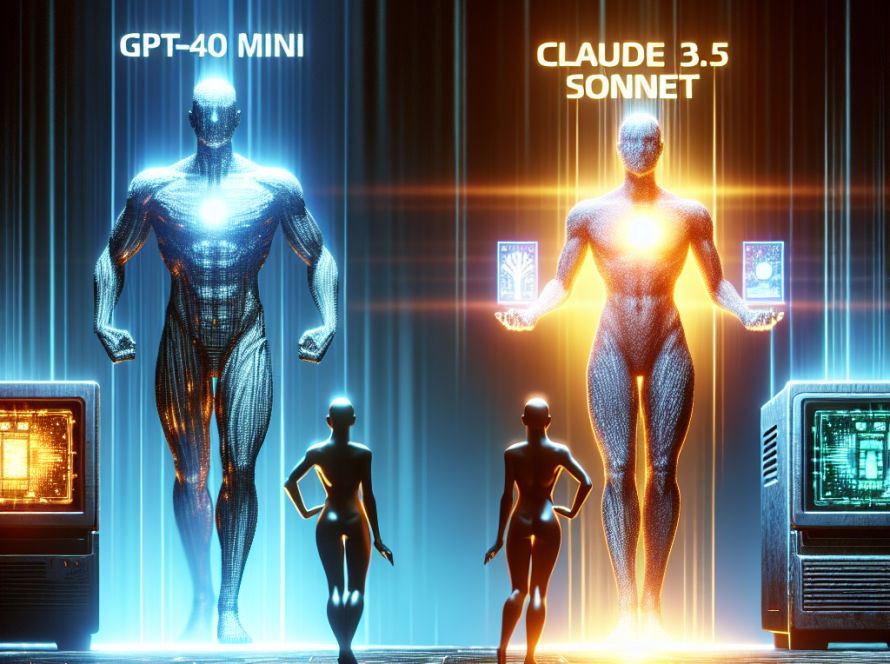AI is making significant strides in the field of programming, with experts predicting that it will soon replace human programmers, as AI-generated code continues to improve. Various AI tools are now available, helping to speed up and improve code-writing processes.
OpenAI Codex, powered by GPT-3, is the technology behind GitHub Copilot, which can write code in at least 12 different languages, including JavaScript, Swift, and Ruby. Coded in Rust by Jacob Jackson at the University of Waterloo, Tabnine relies heavily on IDE’s auto-completion capability, offering support for over 20 languages and 15 editors.
CodeT5, an open-source programming language paradigm, was created by SalesForce researchers. Based on Google’s T5 (Text-to-Text Transfer Transformer) framework, it uses open-source GitHub projects for training. Carnegie Mellon University scientists created Polycoder, one of the earliest open-source code-generating models, as a competitor to OpenAI’s Codex. Cogram, a startup out of Berlin’s Y-Combinator incubator, assists data scientists and Python programmers by converting English-language queries into SQL queries.
AI tool GitHub Copilot helps users to create better code and understand other developers’ code. DeepCode, a code review tool powered by AI, helps improve the quality by analyzing and suggesting enhancements. Kite, a free AI-powered code completion tool for Python also offers premium services which include advanced code analysis and refactoring tools.
CodeWP, a WordPress code generator, offers JS and PHP support and its user-friendly interface makes it an ideal choice for WordPress website builders. Codiga, a platform offering static code analysis, identifies code inefficiencies to help its users to create more efficient, safe, and clean code.
Microsoft’s Visual Studio IntelliCode allows AI-assisted coding, training itself on open-source projects from GitHub that have more than 100 stars. PyCharm, an integrated programming environment developed especially for Python programmers, aids in realizing efficient coding through its intelligent code completion feature.
AIXcoder, another intelligent coding assistant, bases its suggestions on deep learning models trained using millions of open-source lines of code. Ponicode assists users in delivering error-free software by accelerating the coding process while maintaining a high standard of quality. Jedi, yet another open-source AI code completion tool, is a plugin for Python static analysis tools and Wing Pro, a clever editor for Python, provides excellent context-relevant suggestions using static and dynamic code analysis.
Overall, AI continues to push the boundaries of what’s possible in the world of programming, boosting productivity and efficiency.


